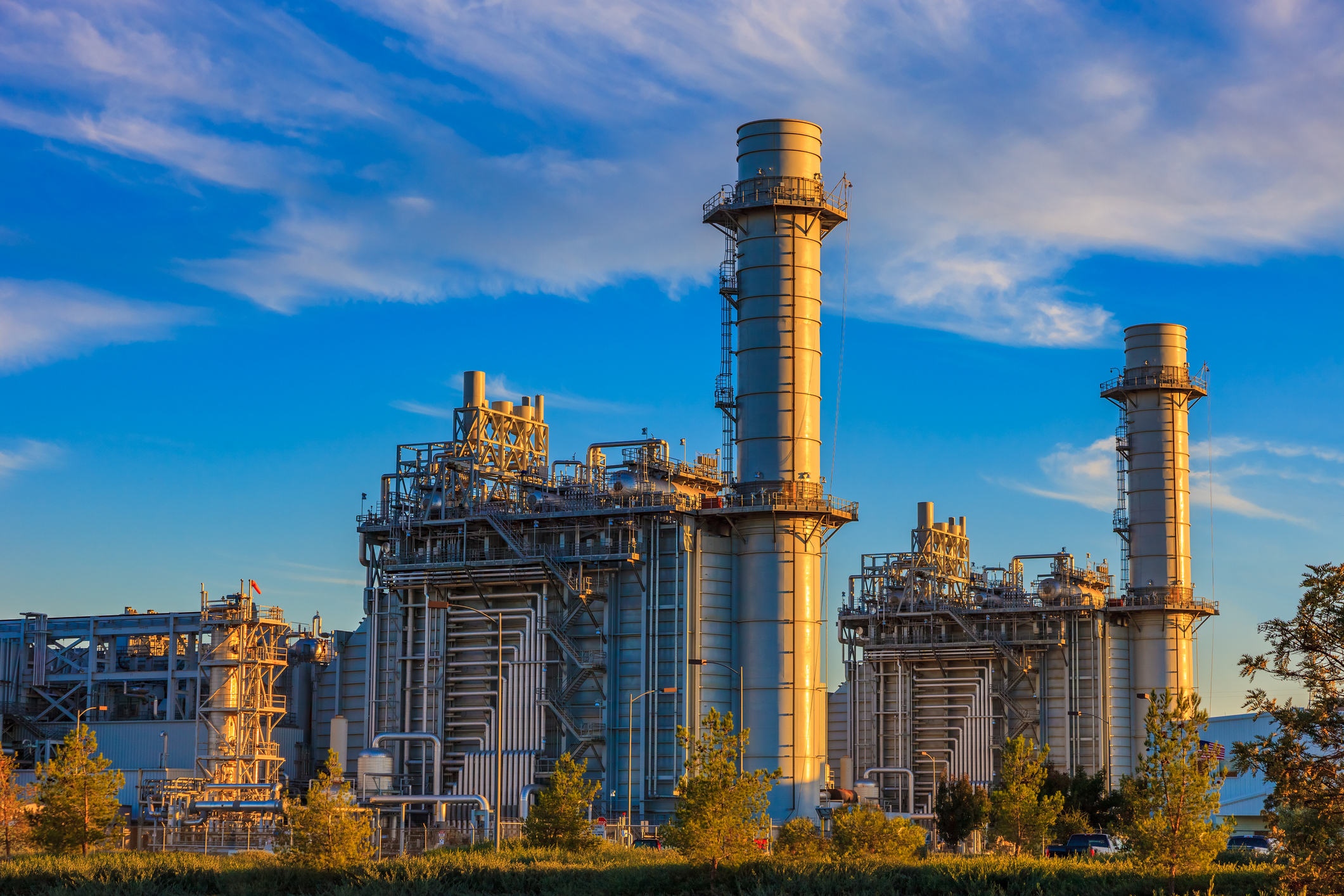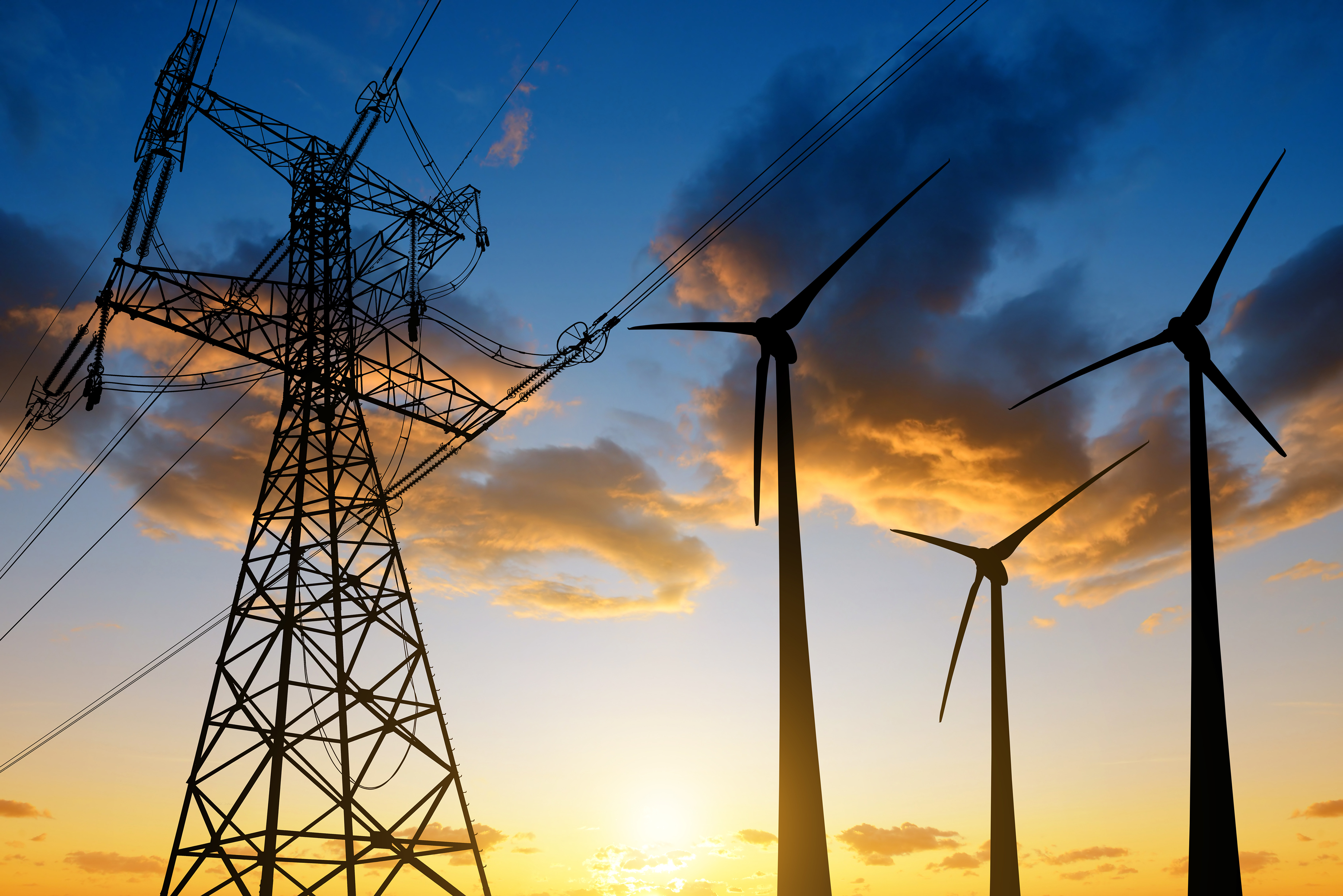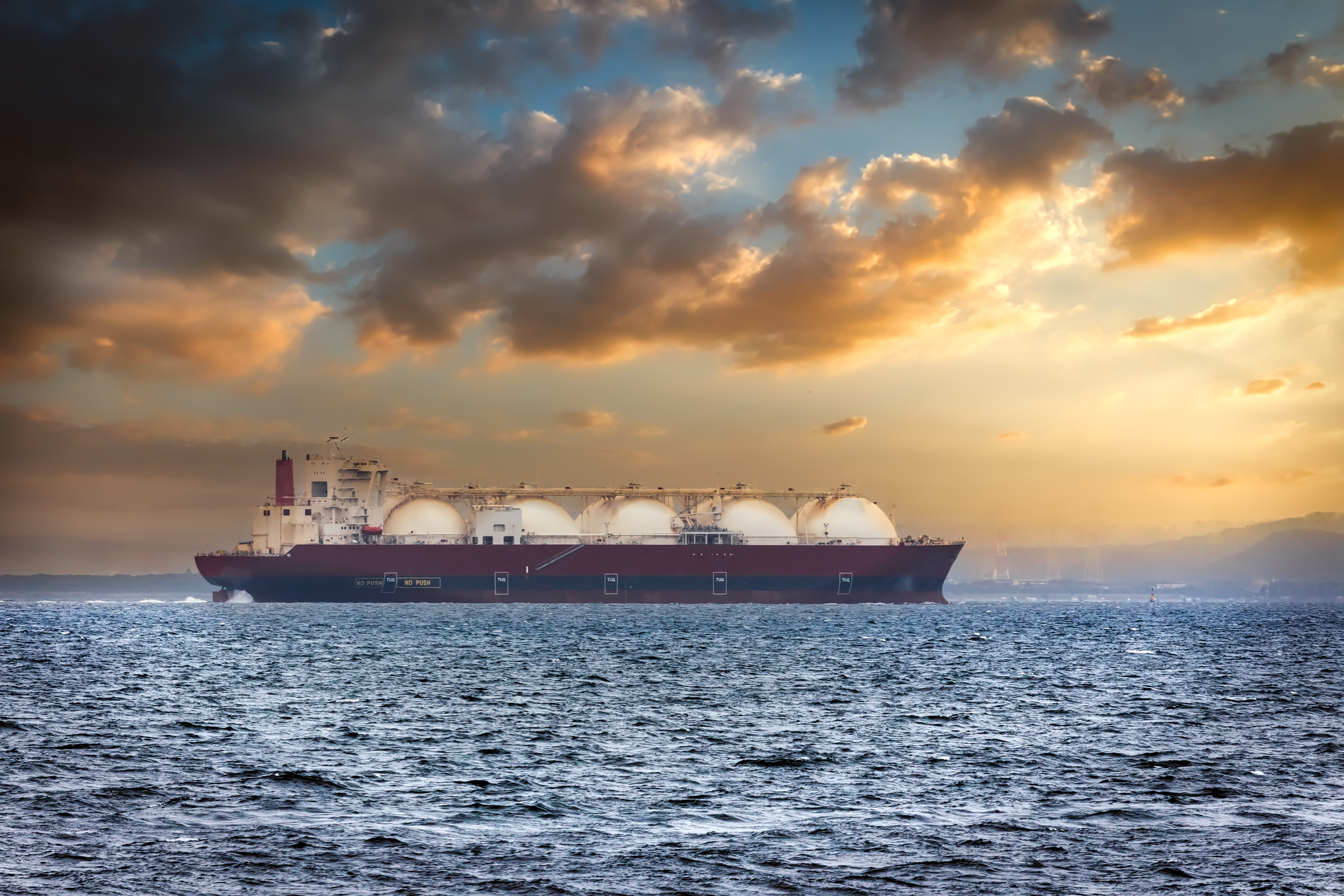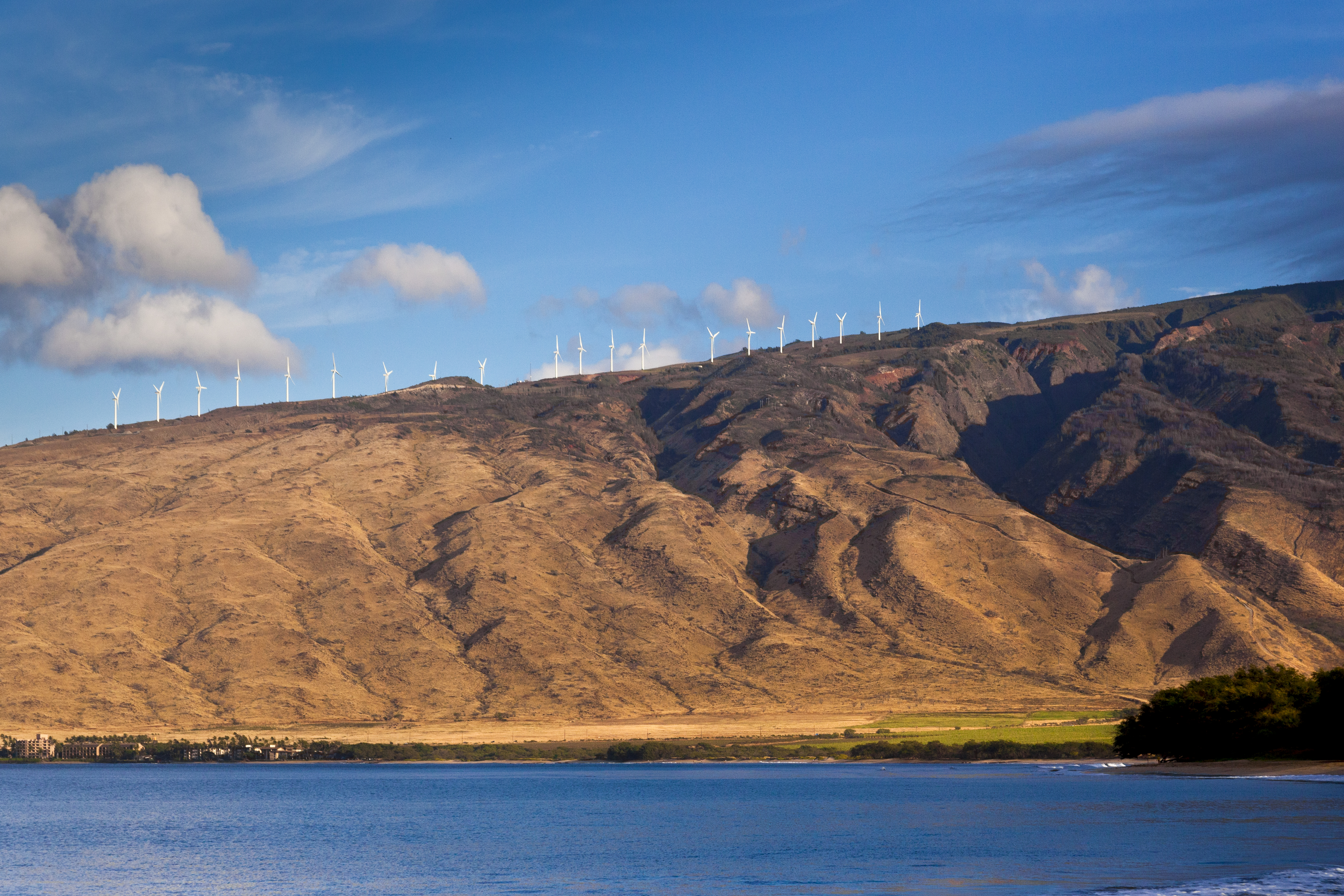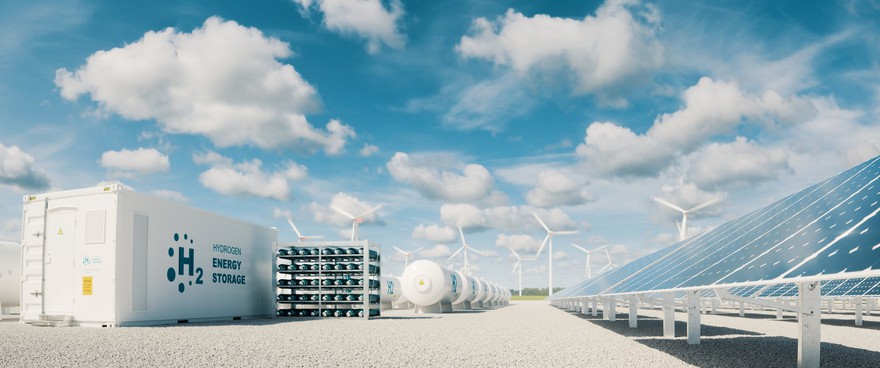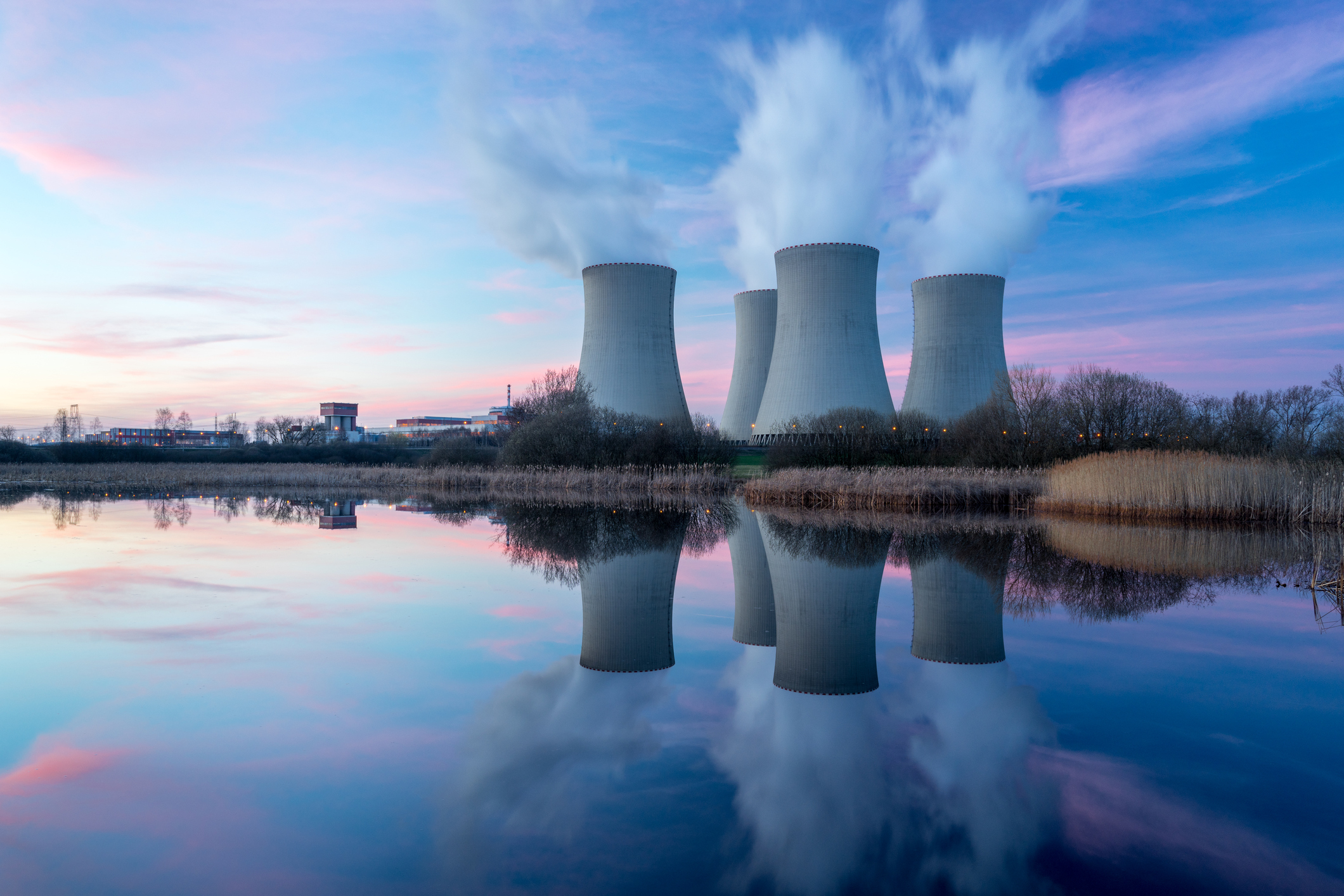Pipleine stocks are publicly traded companies focused on owning energy midstream infrastructure such as pipelines. There are about 3 million miles of pipelines in the U.S. They safely deliver trillions of cubic feet of natural gas to power plants, industrial facilities, homes, and businesses. Billions more gallons of liquid fuels are delivered to refineries, terminals, and refueling stations. Pipelines are crucial to maintaining the economy's energy supply.
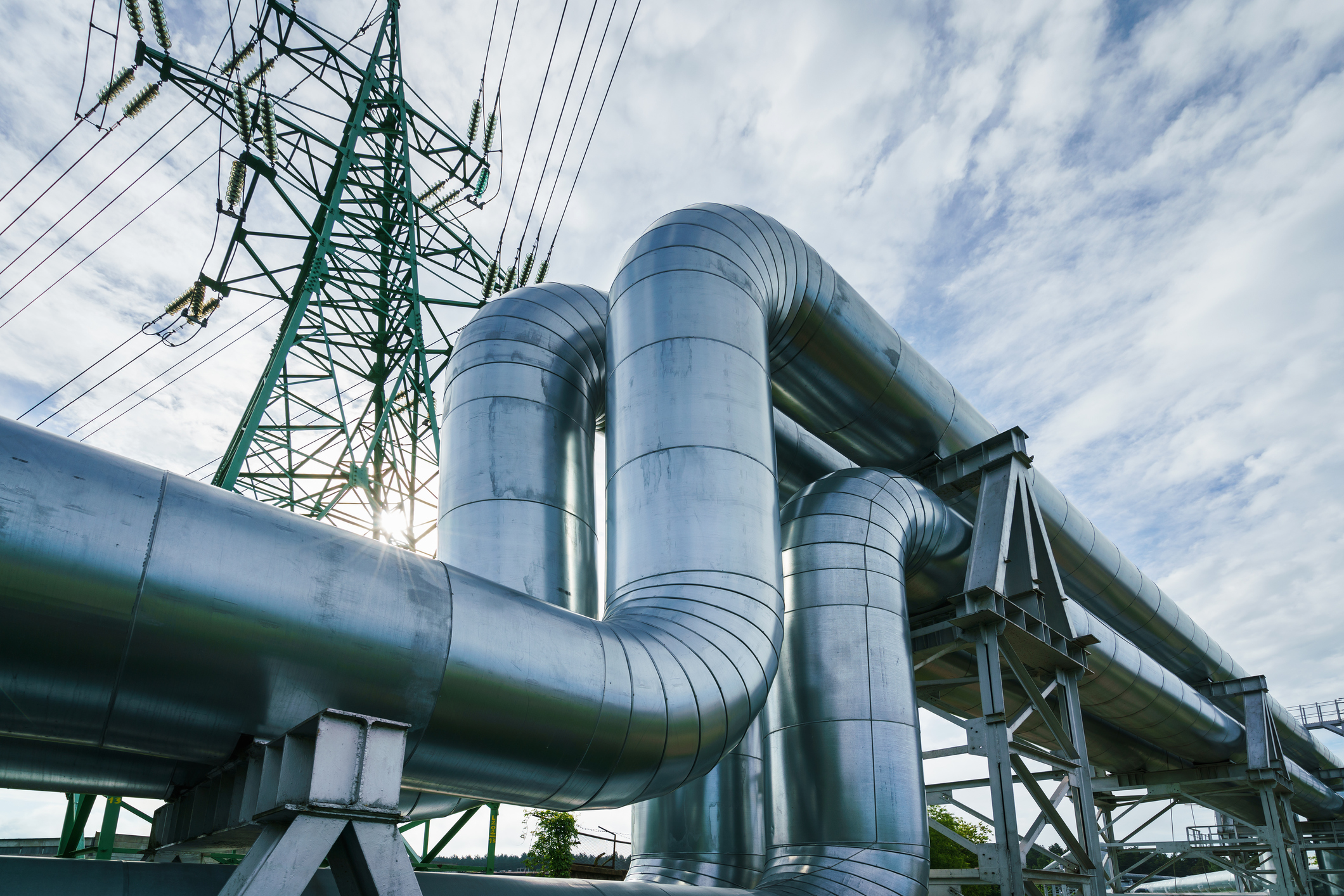
Many types of companies own energy pipelines. Oil and gas producers own pipelines to transport production from wells to refineries and market centers. Utilities will also own pipelines to transport natural gas to their power plants and distribute it to consumers.
Meanwhile, many midstream companies focus entirely on owning and operating pipelines and other energy-related infrastructure to support producers, utilities, and refiners. They are typically paid a fixed fee to allow other energy companies to utilize the capacity of their pipeline systems.
One unique aspect of the pipeline sector is that some companies have chosen to structure themselves as master limited partnerships (MLPs) for tax purposes. These entities tend to distribute a large portion of their cash flows to investors, making them more appealing to income investors.
The U.S. pipeline industry's expansion has been under pressure in recent years due to volatile energy prices and environmental concerns. However, with energy demand surging, it's fueling demand for new pipeline capacity in the U.S.
Seven best pipeline stocks
More than 25 publicly traded midstream companies operate pipelines and related energy infrastructure. That gives investors lots of options. Here's a snapshot of some of the top pipeline stocks:
Market cap (short for capitalization) refers to a company's total value. To calculate market cap, simply multiply the share price by the number of shares. It's one way to evaluate how much a company is worth.
1. Enbridge
Enbridge operates the world's longest, most complex crude oil and liquids transportation system, moving 30% of all the oil produced in North America. The Canadian corporation also operates natural gas transmission and distribution pipelines, carrying about 20% of all the gas consumed in the U.S. The company also has a growing renewable energy business, highlighted by offshore wind energy facilities in Europe.

NYSE: ENB
Key Data Points
Enbridge (ENB +1.37%) has a remarkable growth track record. The Canadian pipeline and utility company delivered its 30th consecutive annual dividend increase in 2025. It should have plenty of power to continue increasing its payout. The company has a top-notch financial profile and a multibillion-dollar backlog of projects under construction and in development.
Enbridge estimates that it will increase its cash flow per share at a 3% annual rate through at least 2026 and by approximately 5% annually thereafter. Although it's a leader in transporting fossil fuels, Enbridge is increasingly investing in cleaner energy sources such as renewables and green hydrogen energy.
2. Enterprise Products Partners

NYSE: EPD
Key Data Points

NYSE: KMI
Key Data Points
Kinder Morgan (KMI +1.38%) is one of the biggest natural gas pipeline companies in the U.S. The pipeline corporation operates the largest natural gas transmission network, comprising 66,000 miles of pipelines that transport approximately 40% of the country's gas volume.
Kinder Morgan is also the largest independent terminal operator and transporter of refined petroleum products in North America, as well as the leader in transporting carbon dioxide.
The company benefits from surging demand for natural gas. It has secured about $9.3 billion in natural gas pipeline and other expansion projects it expects to complete by mid-2030. Those projects will grow Kinder Morgan's cash flow, giving it more fuel to pay dividends. It delivered its eighth straight annual dividend increase in 2025.
5. Williams Companies

NYSE: WMB
Key Data Points
Williams Companies (WMB +1.41%) is also a large-scale natural gas pipeline company. The pipeline corporation owns and operates more than 33,000 miles of pipelines that handle about one-third of all the gas used in the U.S. each day.
Williams has a large pipeline of natural gas expansion projects that are expected to fuel growth in the coming years. These projects will move more gas to power-generation facilities, liquefied natural gas (LNG) export terminals, and industrial facilities.
It's also building several natural gas-fired power plants to support growing electricity demand. These projects should grow Williams' earnings by 5% to 7% annually, providing the company with the fuel to continue increasing its dividend payment.
6. Energy Transfer

NYSE: ET
Key Data Points
ONEOK (OKE +0.88%) is one of the largest integrated energy infrastructure companies. The pipeline corporation has a strategically located, 60,000-mile pipeline network. It handles natural gas, NGLs, crude oil, refined products, and carbon dioxide.
The pipeline company has transformed its operations through a series of acquisitions in recent years. It acquired MLP Magellan Midstream for $18.8 billion in 2023, expanding its crude oil and refined petroleum products operations.
ONEOK followed that up in 2024, buying Medallion Midstream and a minority interest in EnLink for $5.9 billion. It went on to acquire the rest of EnLink for $4.3 billion later that year.
ONEOK has plenty of fuel to continue growing. It expects to capture merger synergies through 2027 and has expansion projects on track to come online through mid-2028. That will enable the company to increase its dividend by 3% to 4% annually.
Pros and cons of investing in pipeline stocks
Investing in pipeline stocks has its share of benefits and drawbacks. Some pros of investing in pipeline stocks include:
- Income: Most pipeline companies generate stable income backed by long-term fixed-rate contracts or government-regulated rate structures. That enables them to pay high-yielding dividends to their investors.
- Low volatility: Pipeline companies tend to be less volatile than the average stock.
- Potential tax advantages: Pipeline companies structured as MLPs offer tax advantages, such as deferring taxes on some of the distribution income received.
Meanwhile, some cons of pipeline investments are:
- Slower growth: Most pipeline companies tend to grow their earnings at a low-to-mid single-digit annual rate.
- Potential tax complications: MLPs send a Schedule K-1 federal tax form, which can delay and complicate your annual tax filing.
Factors to consider when choosing pipeline stocks
Investors need to consider the following factors before adding a pipeline stock to their portfolio:
- Business mix: Many pipeline companies own diversified portfolios of energy midstream assets. Others focus more on a specific aspect of the sector, such as operating oil pipelines or gas gathering and processing assets. These portfolio differences can have a major impact on a company's cash flow stability and growth prospects.
- Financial strength: Energy midstream companies need to invest a lot of capital to maintain and expand their pipeline infrastructure. They need strong financial profiles with conservative dividend payout ratios and investment-grade balance sheets. Pipeline companies with weaker financial profiles might need to cut their dividend payments during a market downturn.
- Structure: Some pipeline companies have opted to structure their businesses as MLPs, while others are traditional corporations. Investors need to consider whether the tax advantages of investing in an MLP are worth the additional complications.
How to invest in pipeline stocks
Anyone can invest in pipeline stocks. Just follow these steps to buy a pipeline stock:
- Open your brokerage app: Log in to your brokerage account where you handle your investments.
- Search for the stock: Enter the ticker or company name into the search bar to bring up the stock's trading page.
- Decide how many shares to buy: Consider your investment goals and how much of your portfolio you want to allocate to this stock.
- Select order type: Choose between a market order to buy at the current price or a limit order to specify the maximum price you're willing to pay.
- Submit your order: Confirm the details and submit your buy order.
- Review your purchase: Check your portfolio to ensure your order was filled as expected and adjust your investment strategy accordingly.
Related investing topics
Pipeline stocks can be great income investments
Pipeline companies tend to generate very steady cash flow. They earn fees as oil and gas flow through their systems, which gives them the funds to pay attractive dividends and invest in expanding their operations. Pipeline stocks tend to be great options for investors seeking to generate some passive income.






